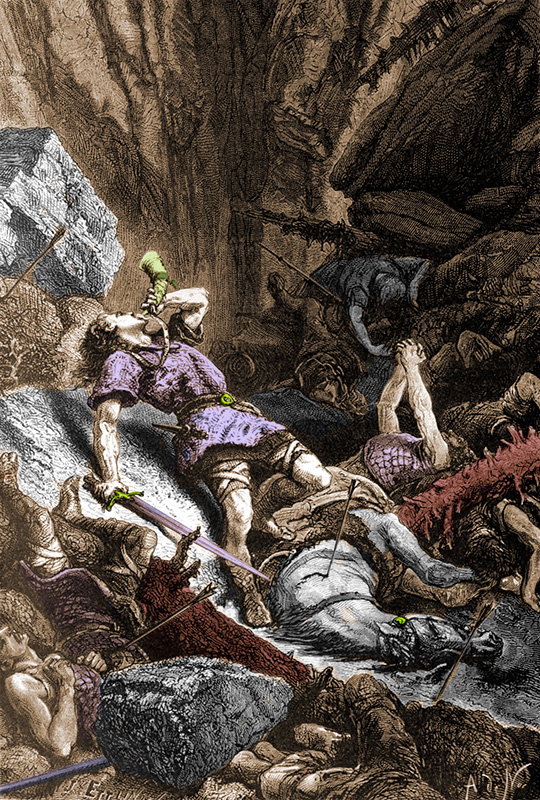This guide includes links to (and instructions for searching) catalogs and databases, which you will use to find secondary sources for your assigned papers.
As you conduct your search, keep in mind the following questions to help you select high-quality and relevant resources:
- Evidence - What kind of secondary material do you need to support your argument?
- Audience - For whom is the resource intended? Researchers, undergraduates, the general public?
- Discipline - Is the resource written from within a particular discipline? For example, is the book or article meant for historians, literary scholars, art historians? You will want to consider this question once you have found resources, but it is also a useful question to ask about your own argument. Knowing your own approach will help you decide where to look—in which disciplinary databases —for secondary literature.
- Expertise - What is the author's training? Has the book or article been reviewed by other experts in the field (i.e., has it been peer-reviewed)?
- Timeliness - When was the book or article published? Recently published works will reflect current scholarship on a topic.
- Objectivity - Does the author present a balanced point point of view? In other words, does the author present competing interpretations fairly or are alternative readings misrepresented in service of the author's agenda? Does the tone seem objective or overly emotional?
- Documentation - Does the author adequately cite other literature relevant to his or her argument? Of what quality are these citations? (If the author includes quality secondary sources, you can use his or her bibliography to find further resources for your own project.)
See these resources for further information on evaluating secondary literature:
